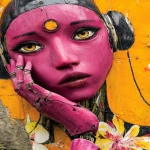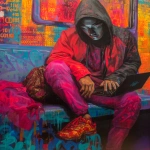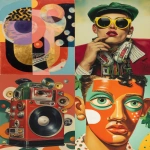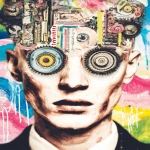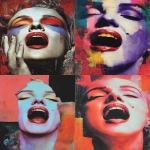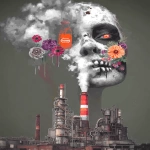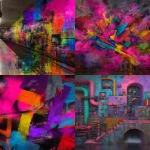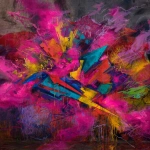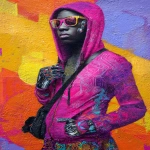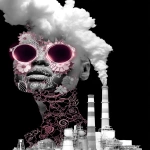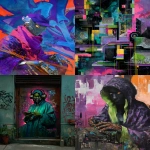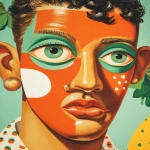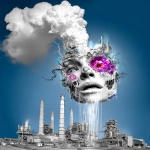Explore the Best AI Image Gallery

AI Art: Reshaping Marketing with an Imaginary Canvas
The world of marketing is constantly evolving, seeking new ways to capture attention and connect with audiences. Now, a revolutionary force is emerging: AI-generated imagery. This technology empowers marketers to create stunning visuals, personalize campaigns, and push the boundaries of creative expression. But as we embrace this new frontier, its crucial to understand its implications for the industry, its ethical considerations, and the future trends shaping its trajectory.
A New Era of Visual Storytelling
AI art generators have democratized image creation, making it accessible to individuals without extensive design skills. Marketers can leverage these tools to:
- Generate Unique Content: Break free from stock photography limitations and create original visuals that truly reflect a brands identity and message.
- Personalize Campaigns: Tailor imagery to specific customer segments, enhancing engagement and resonating on a deeper level.
- Experiment with Concepts Rapidly: Iterate through design ideas quickly and efficiently, saving time and resources.
Ethical Considerations: Navigating the AI Landscape
While AI art offers immense potential, it also raises ethical concerns that marketers must address:
- Copyright and Ownership: Who owns the copyright to AI-generated images? Establishing clear guidelines is crucial to protect both creators and users.
- Bias and Representation: AI algorithms can perpetuate existing societal biases. Marketers must ensure their use of AI art promotes diversity and inclusivity.
- Transparency and Disclosure: Clearly communicating the use of AI in creating marketing materials builds trust with consumers.
Future Trends: The Evolution of AI Art in Marketing
The landscape of AI art is constantly evolving. Here are some trends shaping its future:
- Increased Realism and Customization: AI models will continue to improve, generating even more realistic and customizable images.
- Integration with Other Technologies: Expect to see AI art seamlessly integrated with virtual reality (VR), augmented reality (AR), and the metaverse for immersive brand experiences.
- Focus on Sustainability: Developments in AI will prioritize energy efficiency and responsible resource use.
Conclusion
AI-generated imagery is poised to revolutionize marketing, offering unprecedented creative possibilities. As marketers embrace this technology, its essential to navigate its ethical challenges responsibly and remain at the forefront of innovation. By fostering a collaborative approach between humans and AI, we can unlock the full potential of this transformative force and shape a future where marketing visuals are more captivating, personalized, and impactful than ever before.

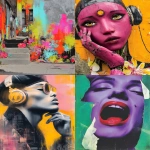
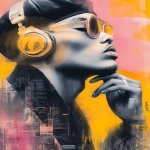



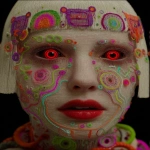
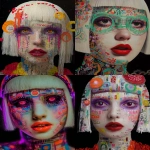
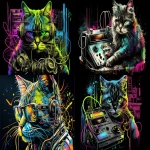

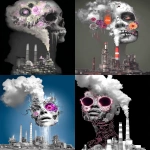
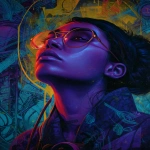
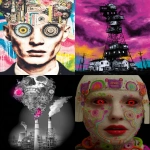
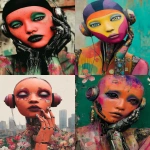


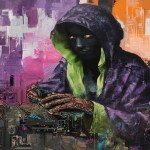
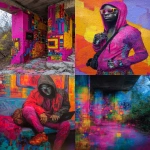


](https://images.ai-img.art/thumbnails/150/664a559b73eaff070d6f7fc7b3b151718aef9fa3a3f12f90b3c9092ceaa3cb56.webp)
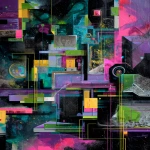
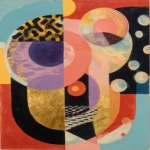



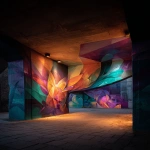
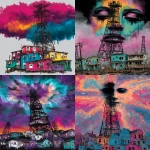
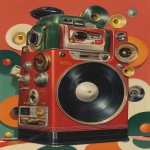
](https://images.ai-img.art/thumbnails/150/33d5e6d1da2b8ec2c4b8eab20d051c27c26d7a4991a77faf06fd03e96617fb1e.webp)
](https://images.ai-img.art/thumbnails/150/1aa8215ea9a4f6970e81a10bdb4feb3b08d5e1a202c3c7ed2c9380f2f63d5a74.webp)
